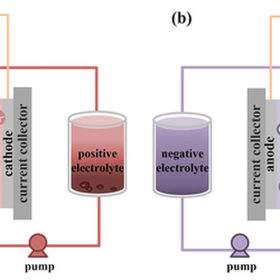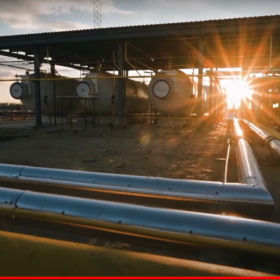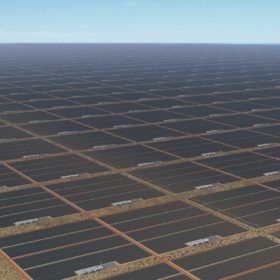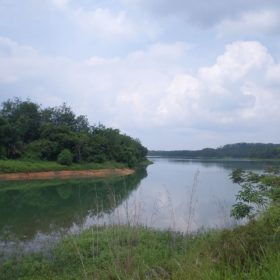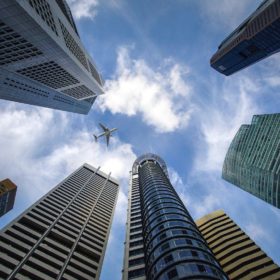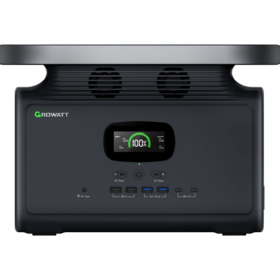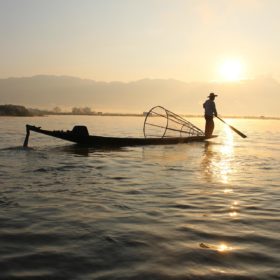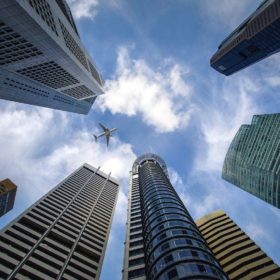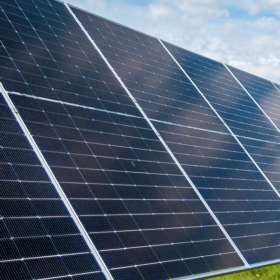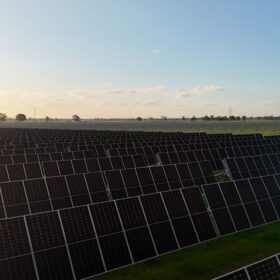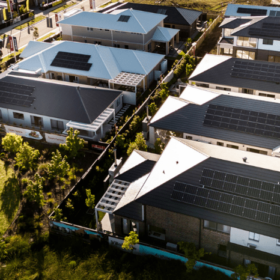Shell to acquire Indian solar developer for $2.2 billion
Shell has signed an agreement to acquire Solenergi Power, an Actis company that owns 100% of Indian developer Sprng Energy. The transaction, valued at US$1.55 billion (AU$2.2 billion), is expected to close later this year.
Energy Vault signs deal with India for gravity-based energy storage
Switzerland’s Energy Vault will support Indian state-run power producer NTPC by deploying its gravity-based energy storage technology and software solutions.
Bromine-based flow batteries for renewables storage
Bromine-based flow batteries have the potential for high energy density in renewable energy storage. Their commercial adoption, however, remains challenging due to the cathode materials used for their construction. New research from China seeks to shed light on how to overcome these hurdles.
Green ammonia low-hanging fruit for India’s hydrogen economy
A new report from IEEFA says green ammonia could help India significantly reduce its trillion-rupee fertiliser subsidy bill and cut dependence on liquefied natural gas (LNG) imports for fertiliser production.
Full extent of Sun Cable megaproject revealed
Singapore-based Sun Cable has submitted its Environmental Impact Statement to the Northern Territory Environment Protection Authority. The document reveals the full extent of the project’s enormity, specifically a 17-20 GW solar farm tied to 36-42 GWh of battery energy storage, which is set to be transmitted by subsea cables to Singapore.
Malaysia’s water reservoir to host 150 MW floating solar plant
The floating facility will be built by Japan’s Shizen Energy and will sell power under unspecified conditions to local utility Syarikat Air Melaka Bhd (SAMB).
Indonesia’s Riau Islands set for more big solar and storage
Developers are moving fast to meet Singapore’s clean energy needs by establishing overseas solar-plus-storage plants, with a strong focus on facilities in neighbouring Indonesia.
Growatt unveils solar rechargeable portable power station
Chinese inverter maker Growatt has launched Infinity 1500, a portable power station for off-grid applications.
Myanmar’s steeplechase towards renewable energy
Myanmar’s government has announced a plan to increase conventional and renewable energy generation to address electricity shortages. Reports from Burmese exiles, however, detail increasing issues for the construction of large scale solar projects tendered prior to the military coup in February 2021 and Chinese inverter manufacturer Sungrow said the project it secured in the country’s first tender has been canceled.
Indonesia’s Riau Islands set for more big solar and storage
Developers are moving fast to meet Singapore’s clean energy needs by establishing overseas solar-plus-storage plants, with a strong focus on facilities in neighbouring Indonesia.


